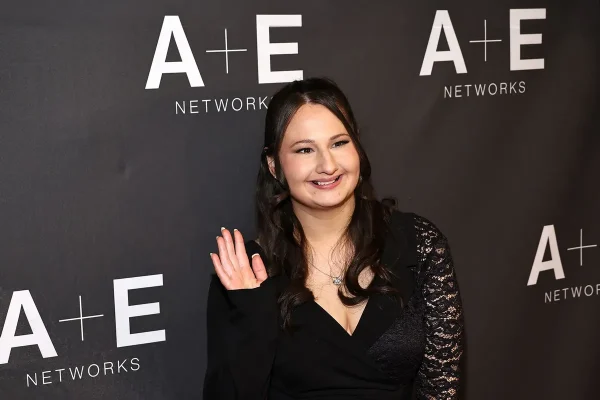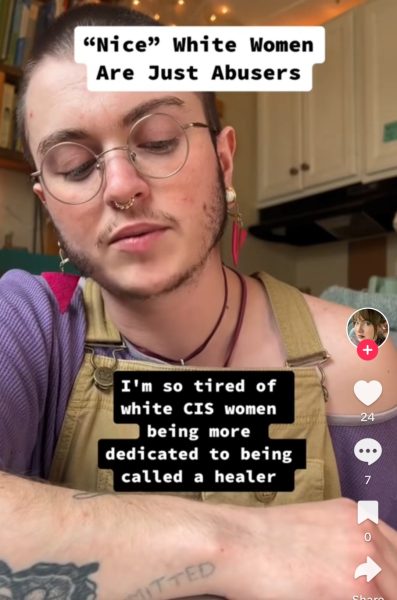The debate of what day trick-or-treating should occur only grows more prevalent this year
A picture of my friends and I trick-or-treating on the day of Halloween, which is a tradition that should not be changed.
Growing up, I always assumed that I would be trick-or-treating on Halloween night. It was routine.
Lately, I have noticed a growing controversy over whether trick-or-treating should be done on the day of Halloween or on the Saturday nearest to it. This dispute is growing pervasive this year due to Halloween falling on a Sunday.
The problem starts with the issue that school will be the day directly after Halloween. For me, Sundays are typically the day of my weekend that I will do any homework that I was assigned the Friday before. Trick-or-treating is typically targeted at younger kids—even though teenagers are still able to do so—and many parents are probably worried about their child’s performance in school after little sleep. For myself, when I was younger, I typically stayed up a little later on the weekends. Sundays would then be the day I would go to bed early to prepare myself for the week ahead. Trick-or-treating on a Sunday could disrupt the similar schedule that I’m sure kids have now.
If trick-or-treating is moved to Saturday night, there would be no issue with a typical Sunday sleep schedule.
But despite the consistent schedule it could enhance, I am not a fan of this Halloween scheme.
Trick-or-treaters start showing up at my door right around when the sun starts setting. The sun customarily starts setting sometime around 6:30 p.m. during October. This time is when the bottom of the sun reaches the horizon. Considering that definition, it will remain light for a while after “sunset.”
Moving a historic activity of Halloween to a different night makes the holiday feel insignificant and easily replaceable.
If they start at, or a little before, sunset, trick-or-treaters should have plenty of time to make it around a neighborhood before it gets too dark. Starting at sunset will eliminate the fear of having children out and about after it gets dark.
While not everyone will follow this, it’s best for younger children that need more rest before school.
Another issue with trick-or-treating on Saturday is that not everyone will be prepared for it.
There is no possible way to get everyone on board about what day to trick-or-treat. Some families may not have candy or anything else to give to trick-or-treaters that show up on a day other than Halloween. It would be disappointing to go out trick-or-treating and come back home with nothing.
Most households will have candy on the actual Halloween night. It gives people enough time to figure out what day they can go to the store to get candy for their local trick-or-treaters. In all my years of trick-or-treating, I have found that the majority of the houses in my neighborhood have candy. I doubt this would hold true if I showed up at those same houses a day earlier.
Truthfully, I feel that trick-or-treating should remain on Halloween night. In past Halloweens, I have always trick-or-treated on the day of Halloween, even if it landed on a school night. The history behind Halloween largely correlates to why we celebrate it on October 31 and why we shouldn’t change that.
Halloween dates back to the ancient Celtic festival known as Samhain. It was held on November 1 in contemporary calendars. That day was believed to be when the souls of the dead would return to their homes. People would dress up and light bonfires to ward off the spirits. The day before Samhain became known as All Hallows’ Eve, or simply Halloween. It was a day of celebration before another day of celebration. Trick-or-treating became popular in America in the early 20th century as Irish and Scottish communities revived the Old World custom of “guising”—dressing in costume to tell a joke, recite a poem, or perform another trick for a reward of fruit or some other treat.
Moving the historic activity of Halloween to a different night makes the holiday feel insignificant and easily replaceable.

Kiera is a senior continuing her writing journey with The Central Trend for a fourth, and final, year. Being on staff for the past few years has been one...

























































































